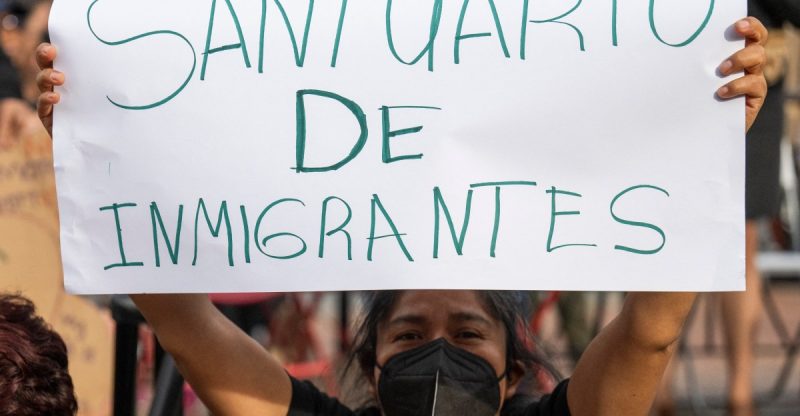
President Trump’s renewed assault on sanctuary cities is reigniting a fierce debate. His administration, through executive orders, is attempting to withhold federal funding from localities that limit cooperation with immigration authorities. This isn’t the first time Trump has targeted sanctuary cities; a similar attempt during his first term was struck down by the courts. However, this time, the legal strategy is more expansive, accusing sanctuary jurisdictions of crimes like conspiracy and obstruction of justice to justify the funding cuts.
The legal battles are far from over. A federal judge has already blocked the executive order, citing violations of separation of powers and due process. But Trump’s history suggests he’ll appeal, potentially leading to another Supreme Court showdown. The ACLU has already labeled the order as having ‘no legal basis’, highlighting the potential for a protracted legal fight.
This renewed conflict is happening against a backdrop of shifting political dynamics. While Democrats previously presented a united front in defense of sanctuary policies, this time, there’s a noticeable lack of uniform opposition. Public opinion on sanctuary cities remains divided, with significant Republican opposition and even some softening of support among Democrats. This internal disagreement is evident in the responses of various Democratic leaders.
Several prominent Democratic governors and mayors have adopted a more cautious approach, avoiding strong rhetoric or outright opposition to the Trump administration’s actions. Some have even hinted at a willingness to cooperate on certain aspects of immigration enforcement. This shift reflects the challenges Democrats face in balancing their commitment to immigrant rights with the need to appeal to a broader electorate. The case of Kilmar Abrego Garcia, a Maryland man wrongly deported, has however seemingly impacted Trump’s approval ratings on immigration, creating a more complex political landscape.
The situation in New York City, where Mayor Eric Adams has taken a more conciliatory stance towards the Trump administration, exemplifies this internal struggle within the Democratic party. His actions have drawn criticism, even leading to calls for his recusal from related matters. This internal tension highlights a larger question facing Democrats: how to effectively communicate their immigration policies in a divided political climate.
The future of sanctuary cities hangs in the balance. The legal challenges will be significant, and the political fallout could be even greater. The coming months will reveal whether Democrats can find a unified and effective response to Trump’s aggressive tactics, or if they will cede ground on this crucial issue.










